Understanding the Myths Surrounding Artificial Sweeteners
Written on
Chapter 1: The Dual Nature of Artificial Sweeteners
Artificial sweeteners often evoke mixed feelings. They allow us to enjoy sweet flavors without the guilt associated with sugar. However, they also raise concerns due to their chemical origins, which frequently lead to alarming headlines about their potential dangers.
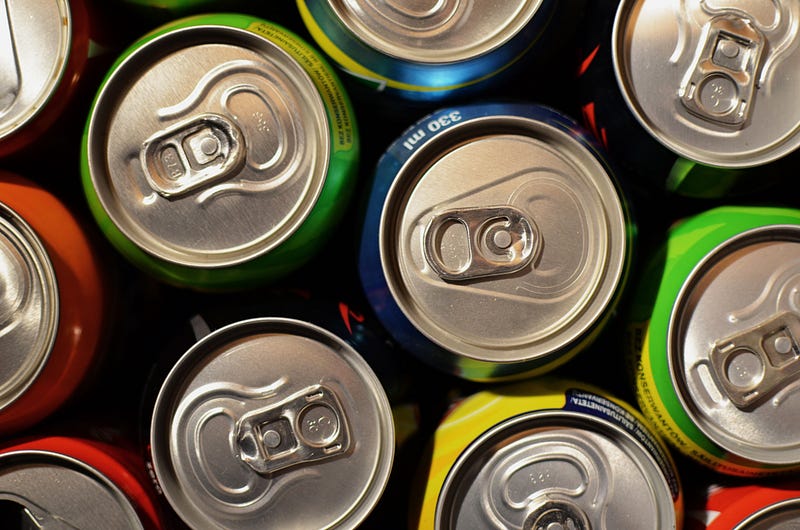
Reports in recent weeks have highlighted a study claiming that low-calorie sweeteners pose significant risks to pregnant women and their children. This narrative taps into the widespread anxiety about chemical consumption, a fear that has fueled the organic food movement. Many people are uneasy about ingredients they cannot easily identify, particularly those created in laboratories.
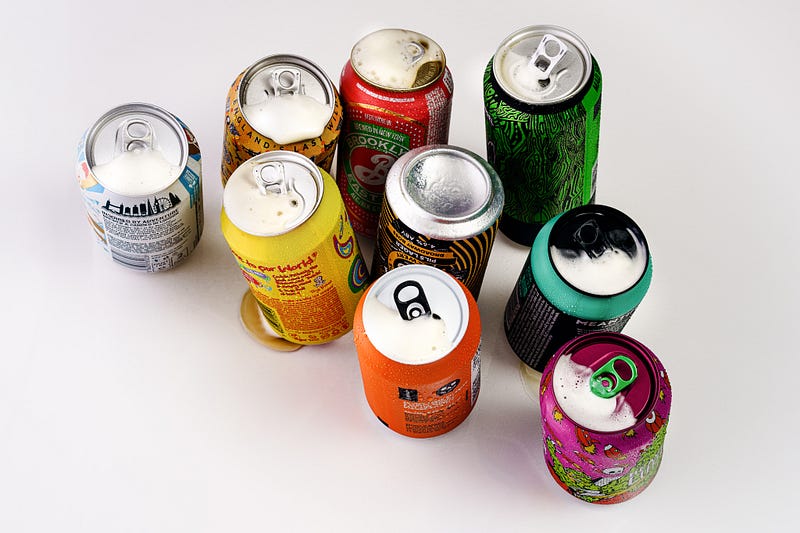
Despite the prevalent fear surrounding these sweeteners, it's essential to recognize that they are not as harmful as often portrayed. In fact, they may be a healthier alternative to sugar in many cases. The sensationalist headlines suggesting a dire threat to children's health are likely overstated.
Section 1.1: Investigating the Claims
When faced with alarming claims, it’s crucial to delve into the underlying science. The initial step is to review the press releases and studies behind these reports. My first action was to examine a press release that spent considerable time outlining the potential dangers of sweeteners before briefly mentioning the study's details.
Upon following a link to the actual study, I realized the claims were not directly applicable to everyday life.

The study in question involved administering sweeteners such as stevia or aspartame to pregnant rodents. While these animals did not gain weight, some minor changes were observed in their offspring that suggested possible harm.
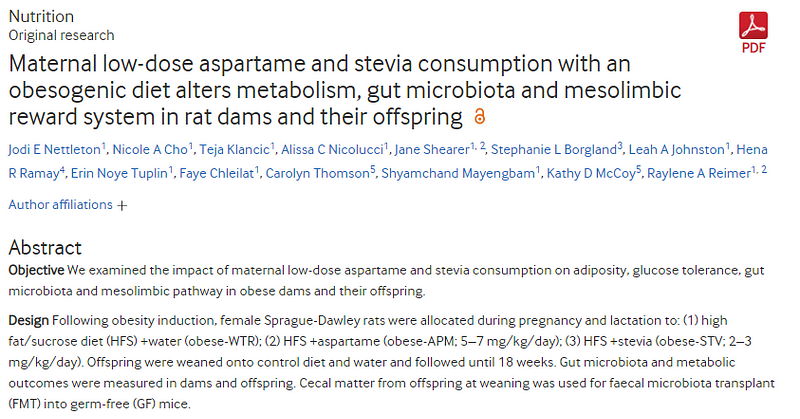
Section 1.2: Limitations of Rodent Research
It is important to note that while research on rodents can provide valuable insights, it does not always translate to human health outcomes. The small changes found in the rodents' microbiomes and slight weight fluctuations do not necessarily indicate similar effects in humans.
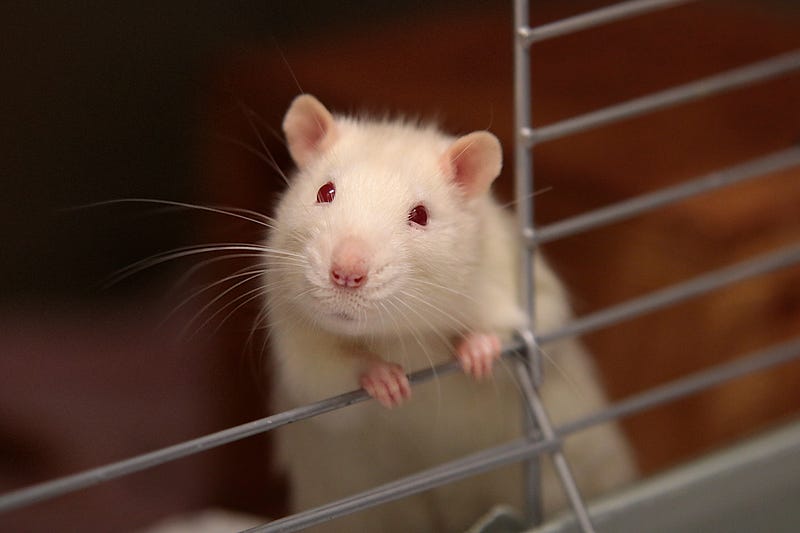
The microbiome, a topic of considerable interest, remains poorly understood. Changes observed in rodent microbiomes may be reactions to various factors, rather than direct causes of health issues.
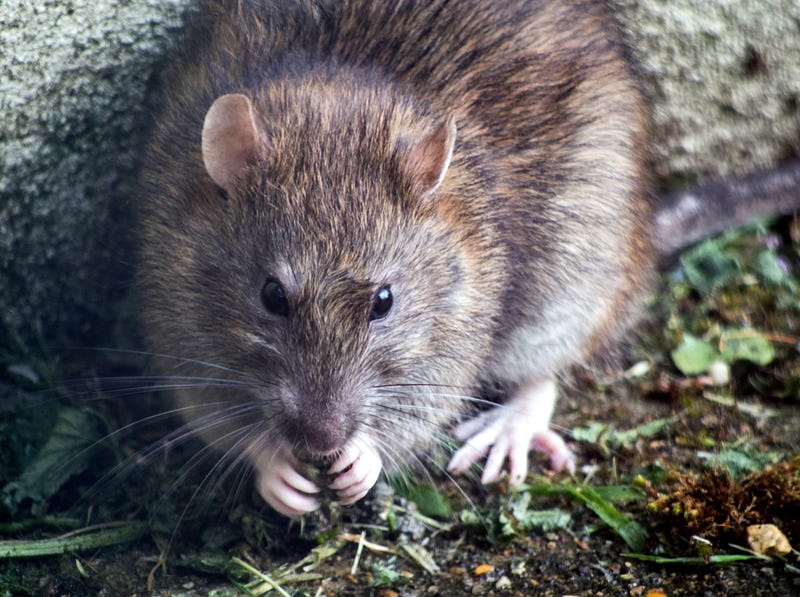
Ultimately, while the headlines may sound alarming, the evidence does not strongly support a significant health risk from artificial sweeteners. The best advice remains to prioritize water consumption, and if that isn’t an option, low-calorie sweeteners are likely a better choice than sugary drinks.
Chapter 2: Debunking Common Misconceptions
The first video, "Is Aspartame Bad for Kids?" explores the concerns surrounding the use of aspartame in children's diets, addressing common fears and misconceptions.
The second video, "Why I Say NO to Artificial Sweeteners (Could be WORSE than Sugar)," discusses the potential drawbacks of artificial sweeteners and compares their effects to those of sugar.